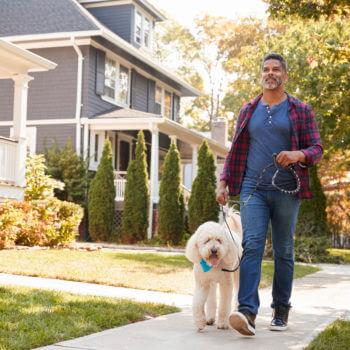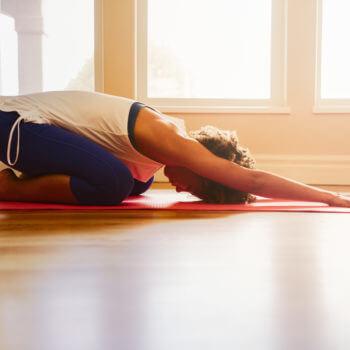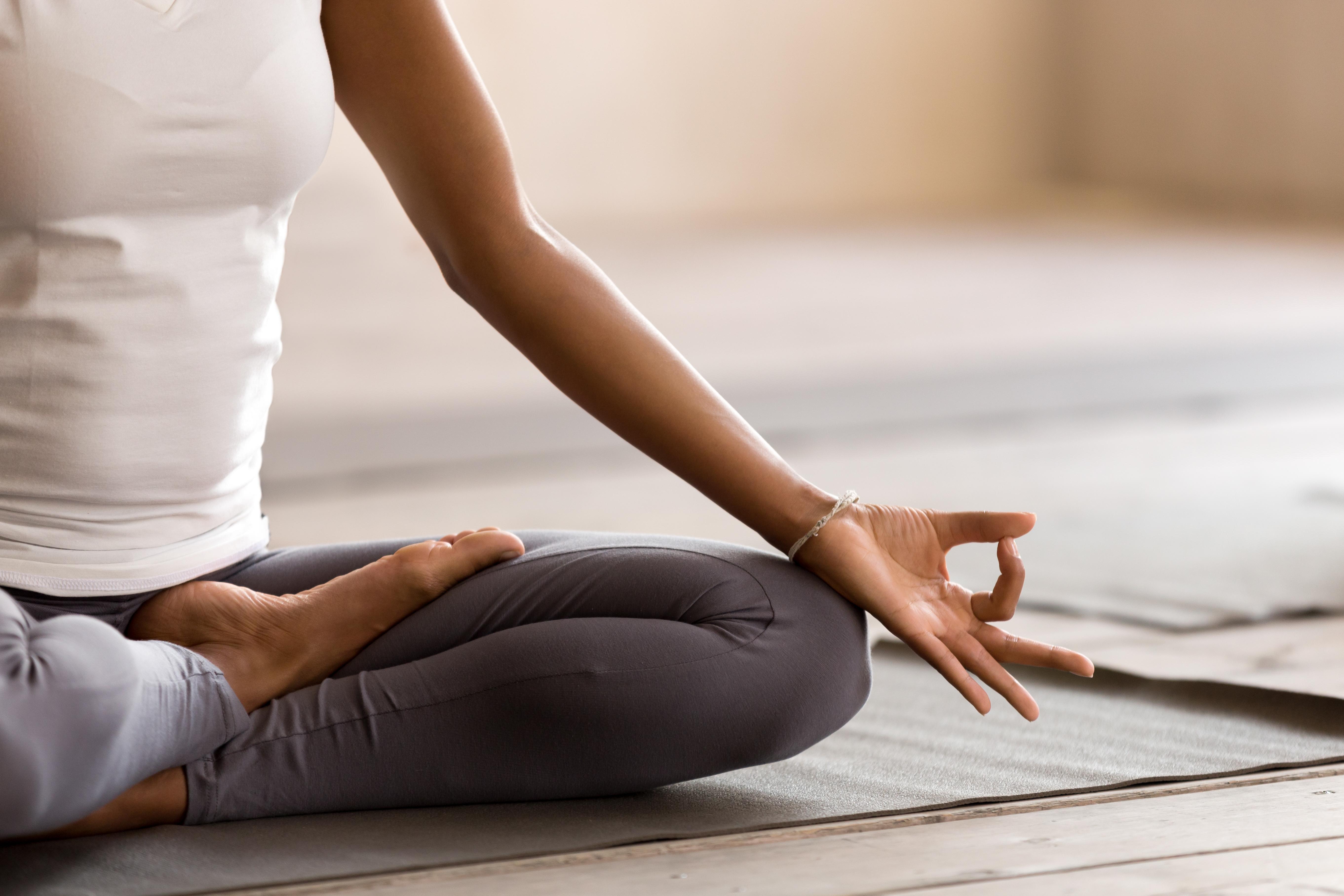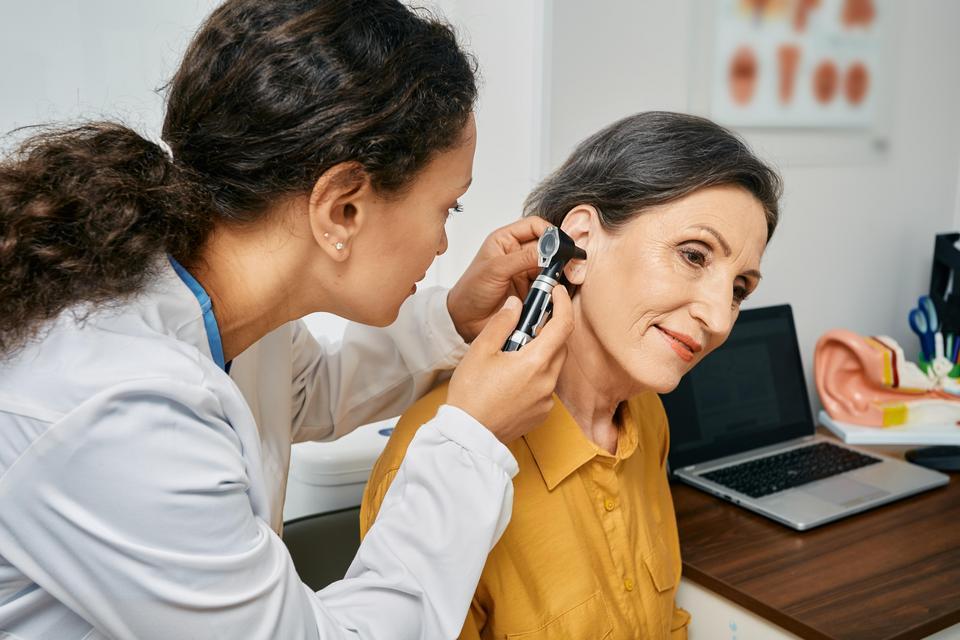While seemingly simple, anxiety disorders wear many hats. Those who suffer with this disease may experience completely different symptoms from one another. Some may have anxiety around specific situations (i.e. large crowds or flying). Some may experience frequent panic attacks, where they may feel that they can’t breathe or that they are dizzy and lightheaded. Some feel physical symptoms and mistake their anxiety for a medical event, such as a heart attack.
While anxiety rears its ugly head in many ways, there are some common methods to help cope with your symptoms.

Eat Right, Get Enough Sleep & Exercise Regularly
While this may feel like an odd solution for a mental health disorder, keeping a healthy lifestyle can have a great benefit for those with anxiety. Managing a diet and keeping to a workout routine not only maintains overall health, it also instills positive routine in your life, which can offer a sense of control that keeps anxiety at bay. Plus, only 15 minutes of exercise releases endorphins that can instantly boost your mood. Getting enough sleep can be difficult with anxiety, but allows your mind and body to cope with stress much more effectively.
Avoid Stimulants and Depressants
Anxiety can be heightened when your body is imbalanced. Introducing stimulants, such as caffeine, or depressants, such as alcohol, can increase or cause anxious feelings or panic attacks, especially if you’re already experiencing symptoms. While it may seem that a glass of wine will help you relax, if you suffer from anxiety, it may do the opposite.
Evaluate Your Worry
While experiencing anxiety or panic, try taking five deep soothing breaths, then think thoughtfully about what’s causing your symptoms. What was your trigger? Is it a real threat or issue? Is the issue itself one you can set aside and address at a more appropriate time, possibly with your physician or therapist? Has your worry grown from a simple thought to a laundry list of what ifs that have you overly and unnecessarily stressed? While this practice takes work, being able to calm yourself down and think logically about your triggers can help you to put them away or move past them.

Keep a Schedule – And Get Out of the House
Again, anxiety is often related to a sense of loss of control. Keeping a daily schedule can help keep you in the driver’s seat of your life. It’s also important to note that for many, anxiety and depression go hand in hand. Those who suffer from anxiety can also experience depression, and the combination of both can be overwhelming and life threatening. If you feel like you have symptoms of depression – lack of interest, exhaustion, desire to be alone, and thoughts of suicide, it’s important to seek help right away. Staying active, social and being outdoors can help those with anxiety curb these feelings.

BREATHE
You’ve heard it before, and you’ll hear it again – when experiencing anxiety or a panic attack, just breathe. Close your eyes, sit or lay comfortably and take long, deep breaths. Count to three as you inhale and as you exhale, and repeat at least five times. This technique can help calm your brain, slowing down your breathing and heart rate. Meditation can also help you learn to control your breathing, and plenty of free apps (like Head Space) are available. Yoga also teaches you to breathe deeply and effectively, and is a great exercise for controlling anxiety. Again, free apps (like Down Dog) allow you to stay home while doing even 5 minutes of poses.
Get Help
While once taboo to discuss, mental health disorders are now known to be extremely common and experienced by people in all walks of life. Don’t let your anxiety about anxiety keep you from getting the help you need. Talk first to your primary care provider who can get you started with the treatment and care that fits your needs and lifestyle. Even just talking with someone who understands what you’re going through can be a helpful first step to living a full and happy life.
Whether you’re seeking a primary care provider or the unique skills of a specialist, you can depend on Altru Health System to provide the expert and compassionate care you need. Find a provider.







